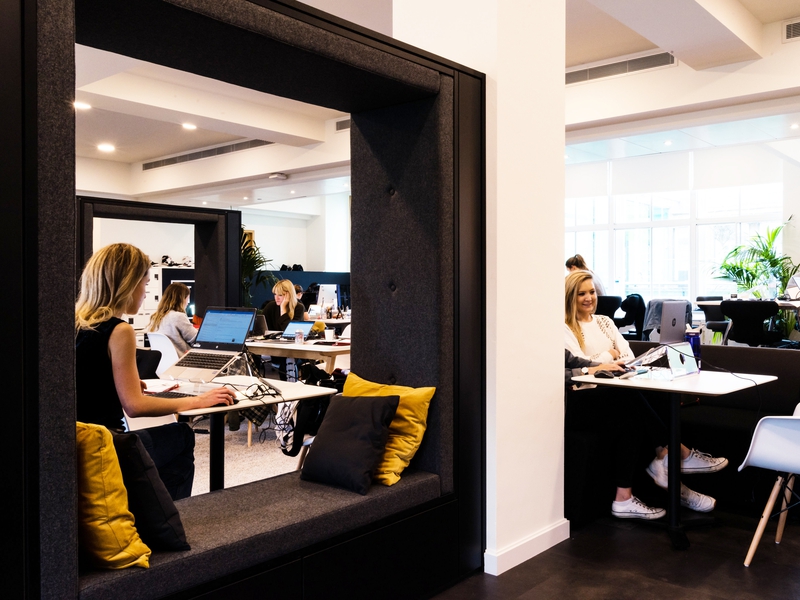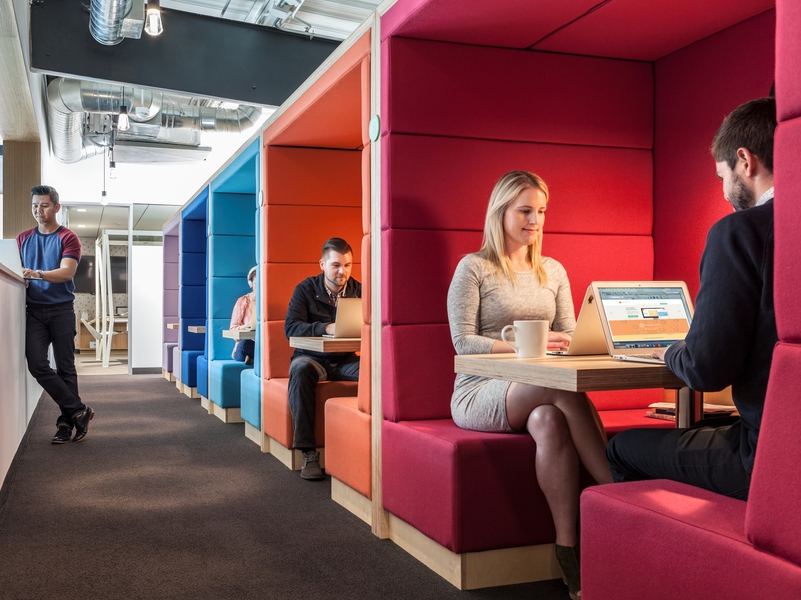
Diversity and Inclusivity
Having an open-minded approach to diversity and inclusivity is just as important as keeping up with the latest technological advances or working practices, if not more so.
Continuing our series of blogs exploring our top 8 workplace trends for 2018, here’s a look at the importance of diversity in the workplace.
The Problem of Unconscious Bias
‘Unconscious bias’ refers to our tendency to discriminate against different kinds of people without even realising it. This is a massive problem in recruitment and in management. It’s perhaps unsurprising that executives like to hire graduates that remind them of themselves, but it often leads to a monocultural environment dominated by white, middle-class, straight men. However capable your workplace may be, if it’s not inclusive you’re missing out on a whole host of benefits, and you’re also not performing your social responsibility.

How To Change This
The streets are alive with different languages and cultures, but the same can rarely be said of corporate offices. In order to change this, unconscious bias must be challenged, and the best way of doing this is by educating employees – after all, many of us won’t even realise we’re bias. Companies should revise their diversity and recruitment policies and may also want to look into reverse mentoring, a process in which older executives are paired with younger employees who can ‘reverse mentor’ them about changing trends.
Executives must also look for new employees beyond the most obvious places, and may wish to bring in community leaders from minority groups to help work out how the best candidates can be matched with the best jobs. That way, companies won’t miss out on brilliant new talents entering the workforce.
Furthermore, it’s essential that people performing the same role are paid accordingly: it’s absolutely unacceptable for women to be paid less than men when they’re just as valuable to a company. Likewise, minorities need to be given opportunities at every level of a business. Of all the Fortune 500 CEOs, only 21 are people of colour and only 18 are female – that has to change.
But the good news is: unconscious bias will continue to be challenged throughout 2018 and workforces will grow more and more diverse in terms of race, gender, age and everything else.

Some of the Many Benefits
Not only is having a diverse workforce more socially responsible, it’s also highly beneficial from a business perspective: the recent McGregor-Smith government report found that having a representative black and ethnic minority workforce would bring in an additional £24 billion annually to the British economy, while the Davies report found that increasing the proportion of women in the workforce would bring similar benefits. In other words, encouraging inclusivity is hugely advantageous to the global economy.
There are so many reasons for this. Firstly, a more diverse workforce brings more perspectives and original ideas. If everybody comes from a similar background, they’re likely to think in similar ways too, but when they have different life experiences, they’ll think about problems in more varied and more innovative ways – which boosts productivity and creativity. A great company needs so many different kinds of talent to flourish, and an inclusive workforce is much more likely to come up with the next great idea.
Secondly, maintaining a working environment in which everybody feels that they’re fairly treated is a huge boost for company-wide morale. Conversely, perceived discrimination or bias has a very debilitating effect on morale; even on those who don’t feel discriminated against personally. When an office is run fairly, everybody working there feels happier, productivity skyrockets, and it’s easier to attract the brightest talents.
Thirdly, a more diverse workforce better reflects the customer base, and as such they can better understand and empathise with its needs. Your target market is diverse and so should you be; it shows that you’re a modern, forward-thinking company.
To keep up with the modern world, having an open-minded approach to diversity and inclusivity is just as important as keeping up with the latest advances in technology or working practices – if not more so. Perhaps the most important change that can be made in today’s workplaces is to smash through the various glass ceilings that prevent so many brilliant employees from realising their true potential.




Cotswold-based comparison website creates a castle fit for the Kings and Queens of Tech, directing the transformation o…
FINANCIAL SERVICES

The famous headquarters of the world's largest independent creative agency network in Soho, London, are built on the pr…
TECHNOLOGY & IT

The new headquarters of California's meditation app provider, Headspace, designed by Kelly Robinson, feature the Railwa…
TECHNOLOGY & IT